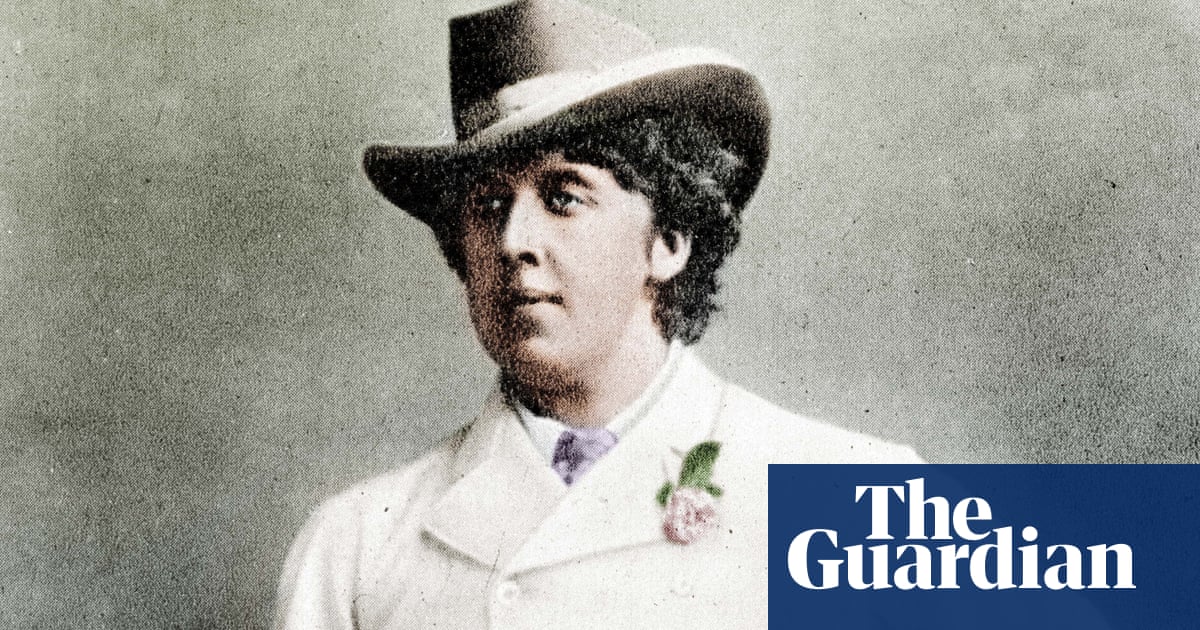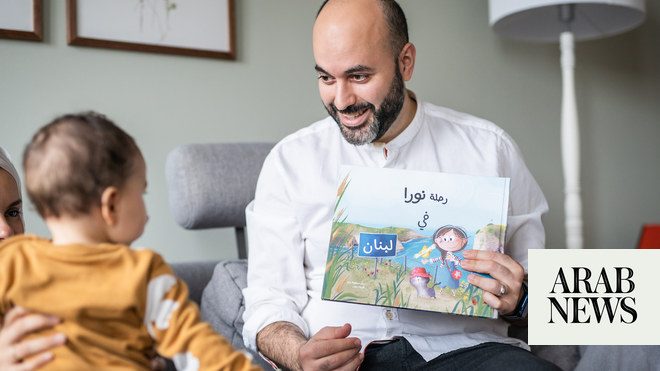
Documentary offers a vivid depiction of the compassion and resilience of UK capital’s Arab community during pandemic
LONDON: A new documentary from BBC Arabic, “London Lockdown,” — now available on YouTube — tells inspiring stories of altruism in the UK capital city’s Arab community from the early days of lockdown due to the COVID-19 pandemic until the end of Ramadan.
For the latest updates, follow us on Instagram @arabnews.lifestyle
Directed by award-winning Kurdish filmmaker Namak Khoshnaw, who arrived in the UK as a refugee in 2002, the documentary focuses on a wide range of people — a restaurant owner, a professional concert pianist, a bus driver, a doctor and a group of volunteers. What they have in common is their Arab heritage and a strong belief in reaching out to those less fortunate than themselves. Their quietly heroic tales of helping others during the pandemic are remarkable and moving.
Khoshnaw has spent years filming in conflict zones across the Middle East. Making “London Lockdown” presented a different kind of stress. “When you are working in a place like Mosul you go back to your hotel in the safe zone and think, ‘Thank God I survived another day’. Whereas making this film it was the exact opposite,” he explained in a recent webinar organized by the Council for Arab-British Understanding (CAABU). “You got home not knowing if you had taken the virus with you. My family were here — so emotionally it was not easy. But we felt, as journalists, that it is our duty to capture such moments, whether it is ISIS attacking Mosul or the coronavirus attacking Trafalgar Square.”
In “London Lockdown,” Khoshnaw takes the viewer into the homes, hearts and minds of their subjects and brilliantly conveys the eeriness of a city reduced to a shell of its usually vibrant self. There are moments that reduce you to tears — particularly watching Dr. Osman El-Tayar dealing with the death of his beloved father, Adil, who became the first NHS surgeon to die from COVID-19, and whose career included three years working at the King Fahd General Hospital in Jeddah.
Osman keeps his composure for the sake of his grieving mother and younger siblings, but you can feel his pain. His father’s last wish was to be buried in his homeland of Sudan. Osman watches the funeral from the family living room in London on his iPhone, explaining that it is very important that his younger brother sees the burial so that he can process the reality of their father’s death.
Khoshnaw said that while filming Osman’s story felt like an intrusion into private grief, he knew it was important as a journalist to show what loss means, whether in a war zone or a pandemic. “Without Osman we would still have made a film, but we would not have been so moved,” he said.
Producer Emir Nader echoed Khoshnaw’s words, saying: “Osman recognized there was something important about his family’s sacrifice. You don’t want to intrude on the family’s private moments but as a journalist you feel it is important to be there. But it is never easy. Osman was very open-minded and (generous) about letting us in. He said, ‘Anytime you want to come, the door is open.’ It was very humbling.”
Iraqi-Moroccan bus driver Susan is another highly resilient character. She came to the UK from Iraq in 2003 and, as a widow, is the sole carer for her teenage daughter. Despite her relentlessly cheery nature, she admits she is very frightened about catching the virus, but sees it as her duty to keep working and earning an income, and knows she is providing an essential transport service to frontline workers.
Another person whose energy and optimism leaps from the screen is Osama, owner of the Hiba restaurant chain, which specializes in Palestinian and Lebanese cuisine. When lockdown began he told his staff they had two choices: They could go home and do nothing, or cook for NHS workers. They opted for action and the scenes of Osama delivering hot meals to delighted hospital staff are a joy to watch.
Key to the operation was cook Hajjeh, who reiterated Osama’s sentiments: “I have experience of shortages under siege with no food,” she said. “You have to cope.”
“London Lockdown” is a wonderful tribute to the resourceful spirit of London’s Arab community, and one that certainly achieved the goals of its makers.
“We (saw) that news around the pandemic was about the massive contributions of the migrant, minority, and especially Arab communities,” said Nader. “We were certain there was a story here that we should capture.”












